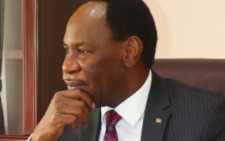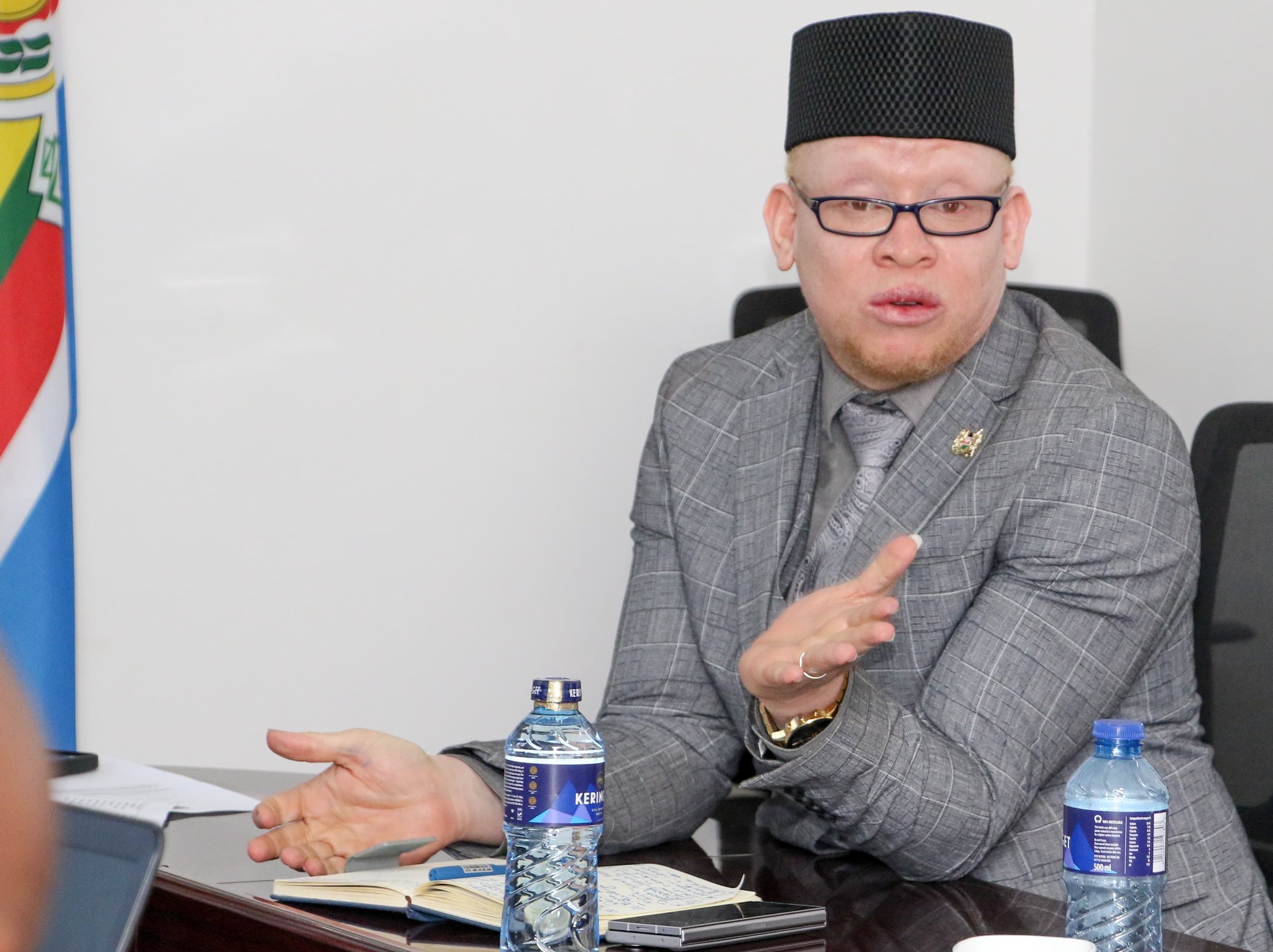Mosop MP’s bill to preside over cryptos

A lawmaker has drafted a Bill set to change the stage and open doors for uptake of blockchain technology in financial markets and provide for specific provisions to govern digital currency transactions.
By amending the Capital Markets Act (CMA), Mosop MP Abraham Kirwa plans to help define digital currencies, its creation through crypto mining, provide regulations around trading of digital currencies and outline responsibilities of persons or businesses trading in digital currencies.
He also plans to provide for its taxation, ownership and providing for promotion of innovation in this area.
Cryptocurrencies are digital tokens. They are a type of digital currency that allows people to make payments directly to each other through an online system.
Cryptocurrencies have no legislated or intrinsic value; they are simply worth what people are willing to pay for them in the market.
Capital Markets Acts
“The principal object of this Bill is to amend the Capital Markets Act, Cap. 485A to include a digital currency into the definition of securities and as such, governed by this Act. This will then provide for governance and oversight in an area that is quickly growing, but is not adequately regulated exposing citizens to various risks,” reads the amendment.
Through the Bill, the government will also be in a position to tax crypto transactions, through a 20 per cent excise tax on every crypto transaction fee, as traders will be subjected to capital gains tax or income tax to the Kenya Revenue Authority for the sale or use of crypto.
“Where the digital currency is held for a period not exceeding 12 months, the laws relating to income tax shall apply or for a period exceeding 12 months, the laws relating to capital gains tax shall apply,” reads the proposal in part.
The amendment will also ensure that environmental aspects of digital currency generation, crypto mining is done in an environmentally safe manner that will encourage citizen participation in an equitable and decentralized financial system that utilizes smart contracts, connecting Kenyans to global markets.
Huge returns
The move by the MP comes months after the Central Bank of Kenya (CBK) in March this year said it does not support crypto currency transactions due to the risks involved even as such dealings increase.
CBK governor Patrick Njoroge says Kenyans should avoid peer-to-peer (P2P) crypto currency transactions since it is not regulated.
“There are people who are excited about cryptocurrencies because they see it as a sort of investment that they can win big because prices are going up quickly, so they believe they would see a huge return for their investment.
Despite the stance by the regulator, Kenya leads Africa in crypto adoption and is ranked fifth in the world ahead of some developed countries like the US, China and South Africa, according to the Chainalysis.
Since 2018, Kenya’s central bank has been issuing circulars to local banks warning them against dealing with cryptos or transacting with firms dealing with the currencies.
Tough proposals
The new proposal states that any person who will engage in digital currency trade will be required to provide the authority with various details including the amount of the virtual currency in terms of Kenya Shillings.
Among others, one will be required to indicate the type of virtual currency transacted in, the date the virtual currency was acquired, the date on which the virtual currency was sold, the amount of proceeds from the transaction, any costs related to the transaction, and the amount of any gain or loss on the transaction.
A person intending to introduce a new Cryptocurrency will be required to make an application to the Capital Markets Authority in the form of a license.
Before approvals, one must satisfy the authority that the new cryptocurrency product was subjected to a product development period of not less than two years.











